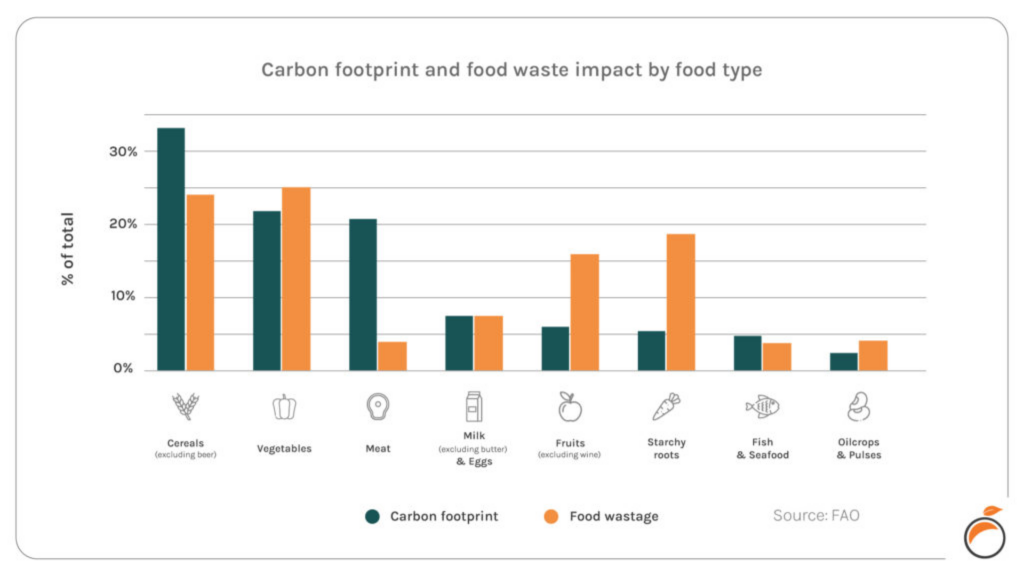A solution for global sustainability challenges

ProducePay has partnered with Allcot to create a first of-its-kind Carbon Offset Program developed specifically for produce growers.
As part of this alliance, ProducePay and Allcot developed a feasibility study, which concluded that most of our growers are already performing many of the sustainable practices needed for decarbonization. Until now, there has never been an understanding of the potential role of the $1.3 trillion global produce sector in the voluntary carbon markets.
Growers of fresh produce may soon sell verifiable carbon credits in the international market!
Carbon offsets 101
We provide financing up to $30 million. The financing amount a customer will receive depends on a variety of factors. See how much you’re eligible to receive by starting your application through the contact form.
Offsets can be generated by capturing, repurposing or destroying a greenhouse gas that would have otherwise been emitted into the air. They can also be generated by producing clear, renewable energy and eliminating the use of fossil fuels.
The carbon offset is most frequently purchased by a private sector corporation. Companies use these offsets to achieve their own ESG goals, offer customers carbon neutral products or services or realize other reputational, environmental benefits.
All carbon offsets that go into the voluntary market will be verified by a certified third party.
Carbon offsets can be used to finance the transition to more sustainable agriculture practices. These new practices can increase product quality and yield for farmers. Additional benefits may include a cleaner, more vibrant community for the farmers, safer working environments and increased economic opportunities.
One of ProducePay’s Sustainability Strategy greatest challenges is to contribute to minimizing, mitigating, and being prepared for the impacts of climate change in the agricultural sector. In this sense, we aim to promote the reduction of the carbon footprint throughout the value chain of fresh products and encourage climate-resilient practices among our clients.
The produce sector and carbon emissions
Due to the carbon intensity of its production and the impact of the amount of food wasted, agriculture contributes to 11% of carbon emissions. The global produce market produces $1.3 trillion in economic impact. This large section of the agriculture industry has a significant opportunity to affect global emissions.
ProducePay is looking to create the first-ever COP for the produce sector because we believe that creating this economic opportunity for growers will lead to a more sustainable supply chain for the produce industry and reduce carbon emissions.

According to the FAO fruits and vegetables rank among the highest for both carbon intensity and food waste.


